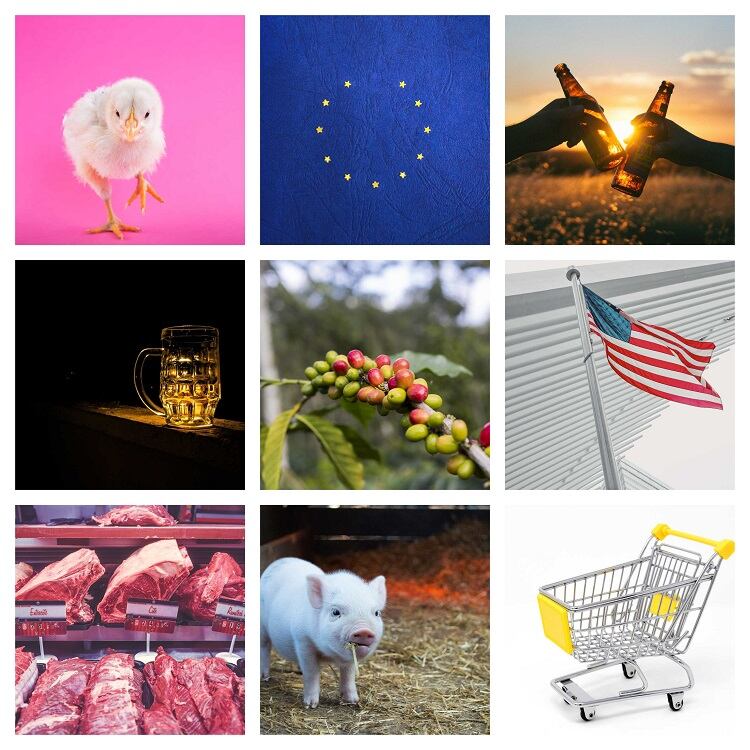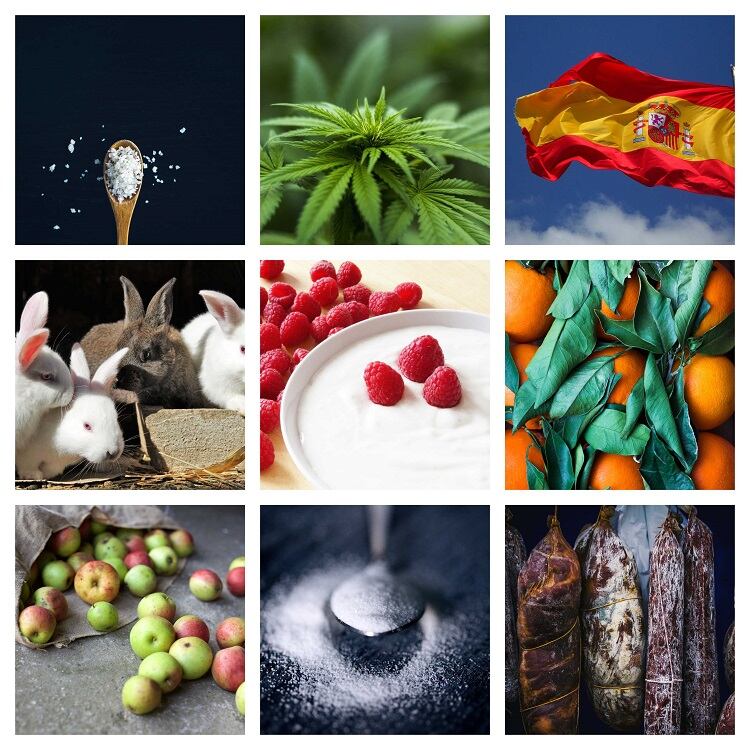Our latest news and views from Brussels looks at new animal welfare measures in France, the TAPP Coalition’s ‘sustainability charge’ on meat, and EFSA’s green light for coffee leaf tea.
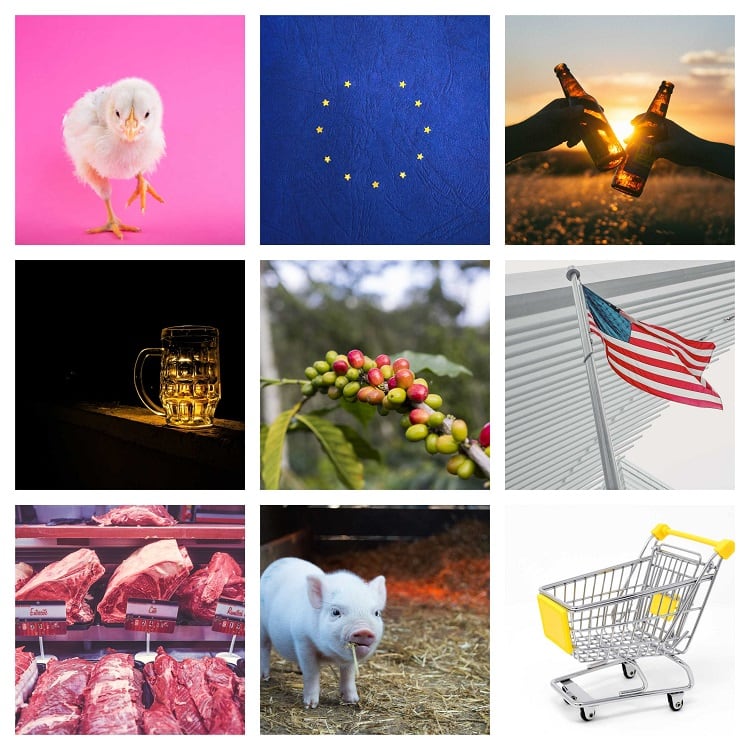
Our latest news and views from Brussels looks at new animal welfare measures in France, the TAPP Coalition’s ‘sustainability charge’ on meat, and EFSA’s green light for coffee leaf tea.
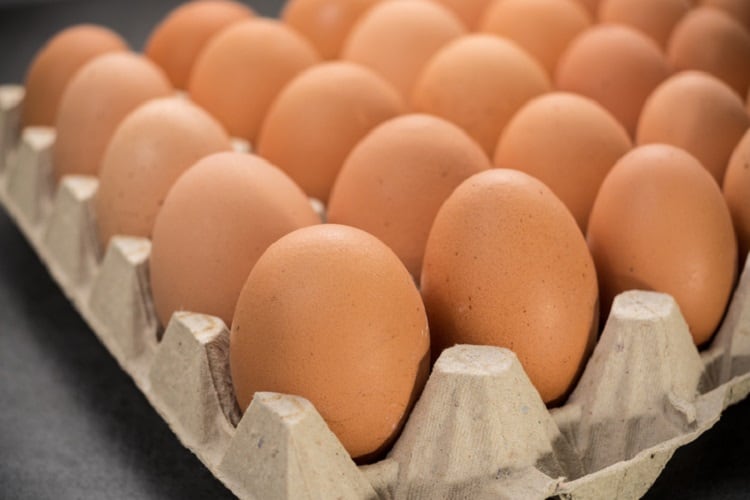
France's minister of food and agriculture, Didier Guillaume, has announced 15 measured designed to strengthen the fight against animal abuse, as well as improve the wellbeing of livestock and pets.
Among the measures (available here in French) are a ban on the live castration of piglets by the end of 2021. Farmers will have one year to comply to the new regulations, before being penalised.
Earlier this year, Guillaume stated his intention to ban chick shredding, and his most recent decree plans to outlaw any ‘painful practice’ in animal breeding.
The ministry is also looking to strengthen transport conditions for livestock and take action against the abandonment of domestic cats and dogs.
Image source: GettyImages/barmalini
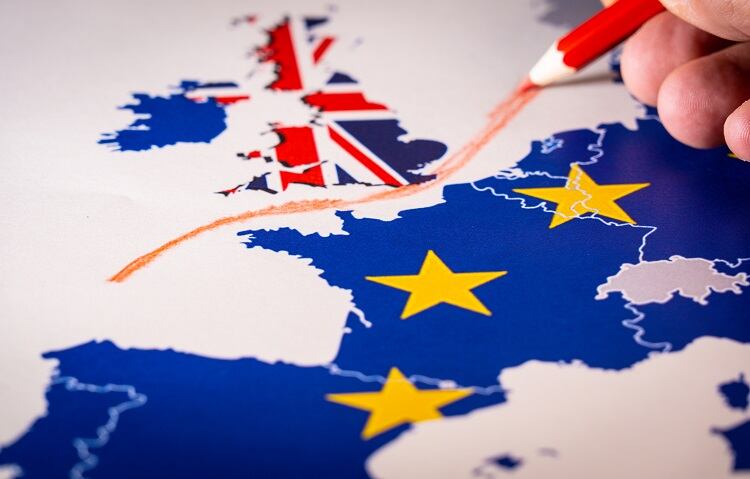
According to trade group the Food and Drink Federation (FDF), the provenance and high quality of UK food and beverage is a unique selling point in international trade.
Earlier this week, the FDF's chief executive, Ian Wright, suggested food quality be taken into account when negotiating deals with the US. His statement follows concerns that chlorinated chicken and hormone-treated beef could be sold in the UK, now that it has left the EU.
“We urge UK and EU negotiators to take a common-sense approach to recognising equivalent food standards so we do not inadvertently raise barriers to trade,” he noted. “We are working closely with the UK Government to identify new trading opportunities and to keep tariffs, quotas, product checks and inspections at the border to the barest minimum.”
Wright continued: “The ultimate judge of the success of the forthcoming negotiations will be UK consumers and shoppers, who will rightly expect the same – or better – choice, quality and price for their food and drink.”
UK Prime Minister Boris Johnson, however, appears less concerned about the quality of US-sourced foods. In a speech on Monday (3 February), he dismissed [rumours] that American food is ‘somehow inferior’.
“I look at the Americans, they look pretty well nourished to me. And I don’t hear any of these critics of American food coming back from the United States complaining…So let’s take some of the paranoia out of this argument.
“It goes without saying that…we will not accept any diminution in food hygiene or animal welfare standards.
“I say to all the naïve and juvenile anti-Americans in this country, if there are any – there seem to be some – I say grow up and get a grip.”
Image source: GettyImages/Tanaonte
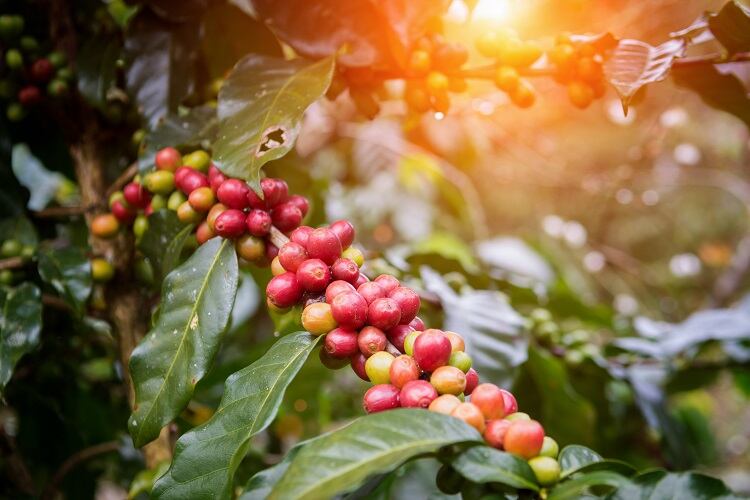
The European Food Safety Authority (EFSA) has raised no concerns relating to the safety of coffee leaves (Coffea arabica L. and/or Coffea canephora) consumed in a herbal infusion.
The decision comes after AM Breweries in Denmark requested to market coffee leaf infusion on the European market. AM Breweries’ application was received 11 August 2019.
The EFSA, on behalf of the European Commission, reviewed the application under Article 14 of Regulation (EU) 2015/2283 as a traditional food from a third country.
“EFSA considers that the available data on composition and history of use of the traditional food from a third country do not raise safety concerns,” noted the European agency.
“Considering the available data, EFSA does not raise safety objections to the placing on the market of the requested traditional food from a third country within the EU.”
Image source: GettyImages/af_istocker
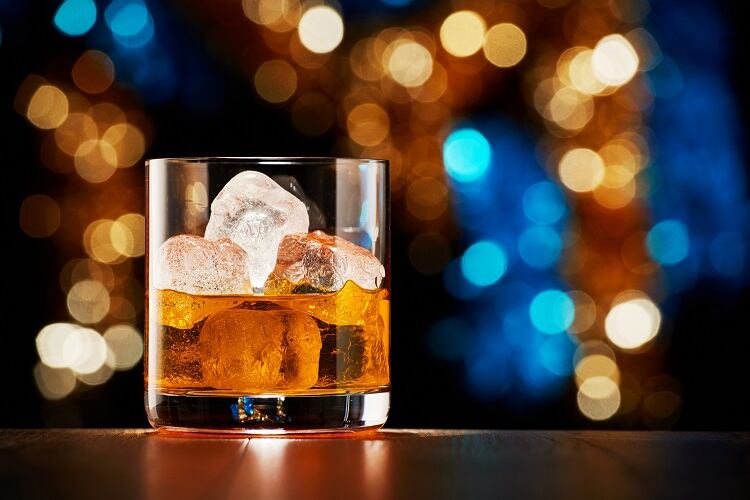
In May 2018, a minimum unit pricing (MUP) structure was introduced in Scotland. This means that alcohol must now be sold for at least 50p per unit of alcohol (10ml/8g alcohol).
In the first 12 months following the MUP introduction, the amount of alcohol sold in Scotland fell, according to an NHS Health Scotland study. Conversely, alcohol sales rose in other areas of the UK, where the MUP structure was not in place.
The study revealed that the volume of pure alcohol sold per adult in Scotland’s off-trade sector fell by 3.6% (from 7.4 litres to 7.1 litres) by May 2019.
In England and Wales, volume sales rose from 6.3 litres to 6.5 litres during the same period.
“This is the first time we have been able to analyse sales data covering the full year following the introduction of MUP, and it is encouraging that off-trade alcohol sales fell in Scotland following its implementation,” said NHS Health Scotland Public Health Intelligence Advisor, Lucie Giles.
Image source: GettyImages/cagkansayin
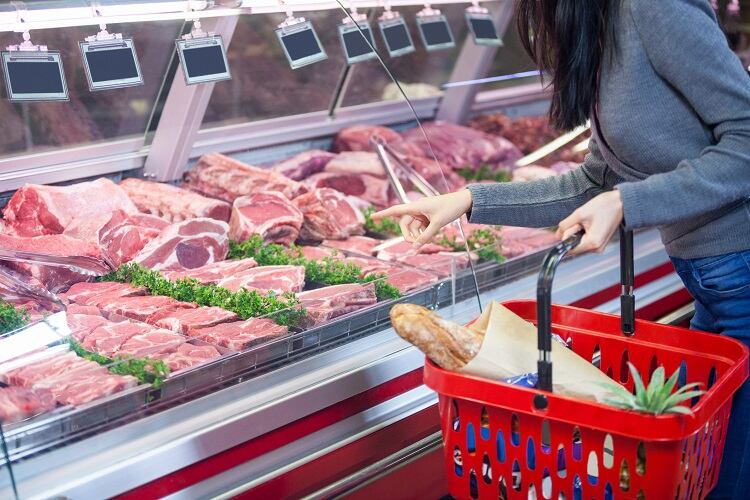
Greens and socialist lawmakers have supported the outcomes of a new report by the Dutch True Animal Protein Price Coalition (TAPP) this week.
On Wednesday (5 February), the report went before the European Parliament. It calls for a new pricing model across all Member States via a ‘polluter-pays’ principle.
The TAPP Coalition, which counts ProVeg International, the Dutch Vegetarian Society, and Compassion in World Farming among its members, proposes that meat prices be gradually increased until 2030.
At this time, the price of beef/veal would be increased by 47 euro cents per 100g, pork by 36 cents, and chicken by 17 cents.
The report authors say that if implemented across all Member States, the sustainability charge would lead to lower meat consumption, as well as cutting people’s environmental footprint.
Trade group the Liaison Centre of the Meat Processing Industry in the EU (CLITRAVI), however, has voiced concerns that the report does not take the protein density of meat into account.
“If greenhouse gas emissions would be calculated on a basis of essential amino acids instead of weight, the production of some crops, used as a source of ‘alternative’ proteins, would become more emissive than that of beef, pork or chicken,” a spokesperson told FoodNavigator.
CLITRAVI also stressed that TAPP’s report does not consider the progress made by the livestock sector in recent years, “as well as the efforts carried on by farmers and processors to improve the sustainability of the European Livestock chain”.
Image source: GettyImages/Wavebreakmedia


